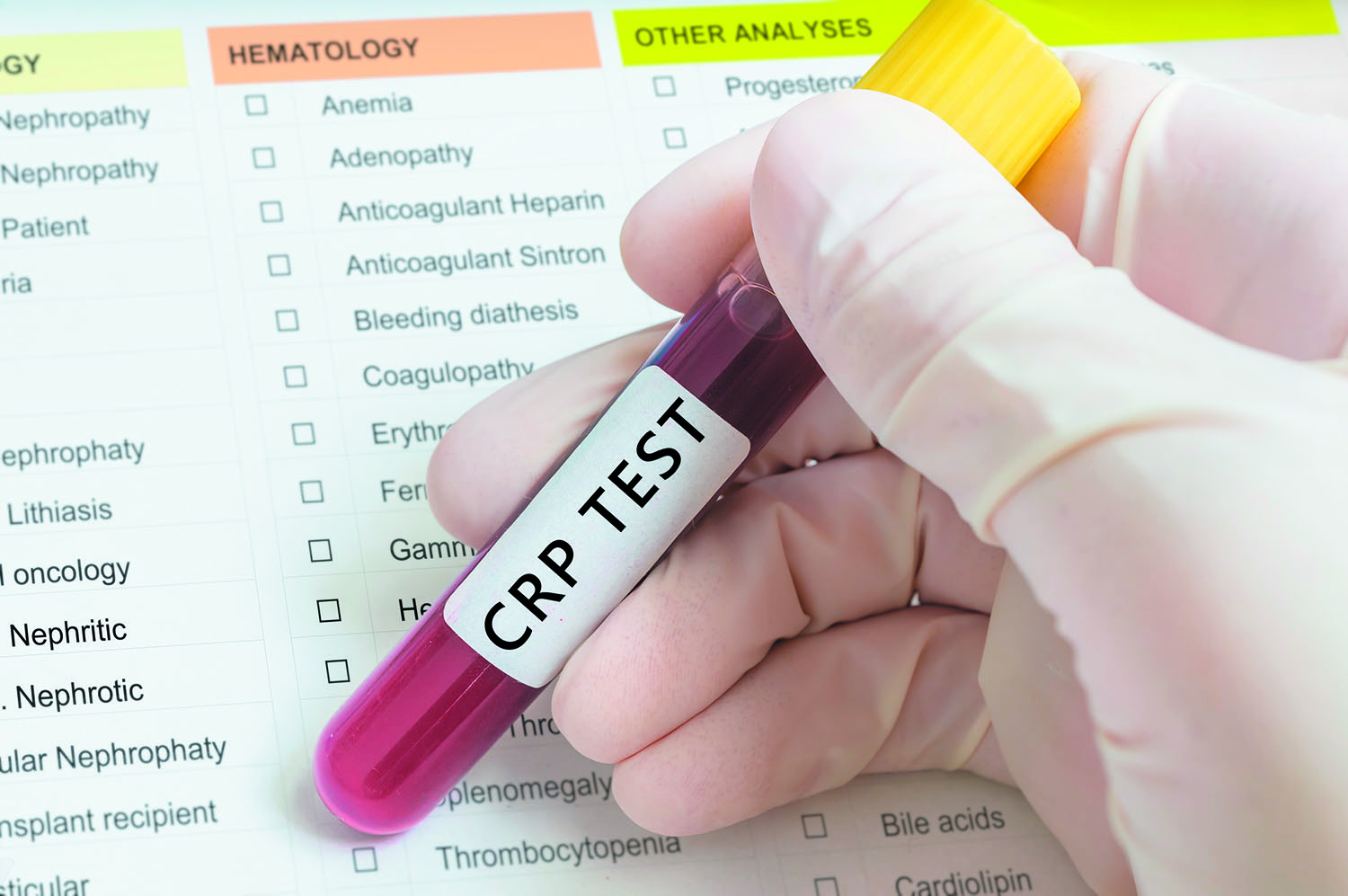You already understand that high blood pressure, raised cholesterol, and specific way of life elements, such as bad diet, absence of exercise, and smoking, are major threat elements for heart problem. But science shows there's another element that might impact your heart health. Research study conducted at Brigham and Women's Hospital (BWH) over the past twenty years suggests that swelling also may add to heart problem danger.
The Buzz on Reducing Risk Of Heart Disease
Inflammation likewise might happen in response to the buildup of fatty deposits (atherosclerosis) inside the walls of arteries, possibly leading to the development of damaging blood clots. In 1997, scientists led by Dr. Paul Ridker, Director of the BWH Center for Cardiovascular Disease Prevention, found that middle-aged guys with higher blood levels of C-reactive protein (CRP), a measure of inflammation, were at increased threat of having a heart attack or stroke in the future.
Ridker's group made this discovery while studying aspirin, an anti-inflammatory drug. His team concluded that the advantage of being on aspirin for cardiac arrest prevention was higher for people who had greater levels of swelling than those who did not. Dr. Ridker and colleagues went on to study whether statins, cholesterol-lowering drugs, also might lower inflammation.
Fascination About Inflammation
Based on these findings, Dr. Ridker's team has introduced 2 extra scientific trials to study the relationship in between heart illness and inflammation: Cardiovascular Inflammation Decrease Trial (CIRT)-- studying whether low-dose methotrexate, an immunosuppressant, will reduce rates of myocardial infarction, stroke, and cardiovascular death among stable coronary artery disease patients with type 2 diabetes or metabolic syndrome.
Dr. Ridker mentions that exercise and eating a diet plan abundant in foods such as whole grains, fish, additional virgin olive oil, and nuts also can lower inflammation.
Stopping Inflammation Fundamentals Explained
With the highest quality of look after our clients with inflammatory heart disease, our heart experts have the experience to deal with the most intricate issues. University Hospitals Harrington Heart & Vascular Institute supplies the required treatment to eliminate the hidden infection, bring back healthy heart rhythm and blood circulation, relieve symptoms and lower long-term damage to the heart.
Such an website infection can cause damage to or inflammation of the lining of the heart, valves, external membrane or the heart muscle itself. The signs you may face depend on the type of heart infection and can include shortness of breath, chest pain, heart palpitations, fatigue, fainting, aching muscles, red spots under the fingernails and purple or red spots on the skin.
Indicators on Reducing Risk Of Heart Disease You Should Know
It must be dealt with instantly so that it does not turn into a deadly condition. It typically happens when bacteria travel through your bloodstream to your heart and connect to damaged heart tissue. Myocarditis: Myocarditis is an unusual condition that is brought on by a viral infection or autoimmune response and causes swelling and damage of the heart muscle.

This heart infection can emerge after a heart attack or heart surgery or because of an inflammatory autoimmune condition such as arthritis. The type of heart infection you have as well as its cause will dictate how our click here heart experts identify treatment. Antibiotics, medications for cardiac arrest, corticosteroids and drugs that minimize swelling can normally treat small inflammatory cardiovascular disease.
6 Easy Facts About Reducing Risk Of Heart Disease Described
You'll be linked to a device that draws blood supply through an unique membrane. It will add oxygen, remove carbon dioxide and work as an external heart so that your heart can rest and recover. Heart transplant: A heart transplant might be a feasible treatment alternative if there has been extreme damage to your heart that can not be reversed.
Pericardiocentesis: This procedure uses a needle to remove excess fluid from the pericardium. It might be a choice if you have severe pericarditis and an extreme quantity of fluid buildup around your heart. There are particular lifestyle choices that can assist you prevent inflammatory heart illness and the threats of heart damage connected with it.

Fascination About Heart Disease
INTRODUCTIONCardiovascular diseases (CVD) include numerous entities such as coronary artery disease, cerebrovascular events, peripheral arterial illness, kidney artery stenosis and aortic aneurysm. CVD are globally the leading cause of death [1] Coronary artery disease and stroke are the cause of 80% of CVD deaths in males and 75% in females [1] One major event underlying the development of a CVD is the presence of atheromatosis where cholesterol is indisputably recognized as an environmental and genetic chauffeur of the disease [2]


If we browse Bar Med using both "inflammation" and "atherosclerosis" as key words, we can see an expediential increase of the number of check here articles on the topic: from around 80 posts discovered over a whole 20-years duration in between 1970 and 1990 to more than 12000 brand-new publications considering that 2010. However, work by scientists and scholars have actually taught us that "arteriosclerosis", swelling and their in-between link had actually emerged over 200 years earlier, as a long standing clinical conversation that in fact developed in active argument with legendary physician Rudolph Virchow as a strong supporter in favor of the substantial function of the inflammatory process [4]